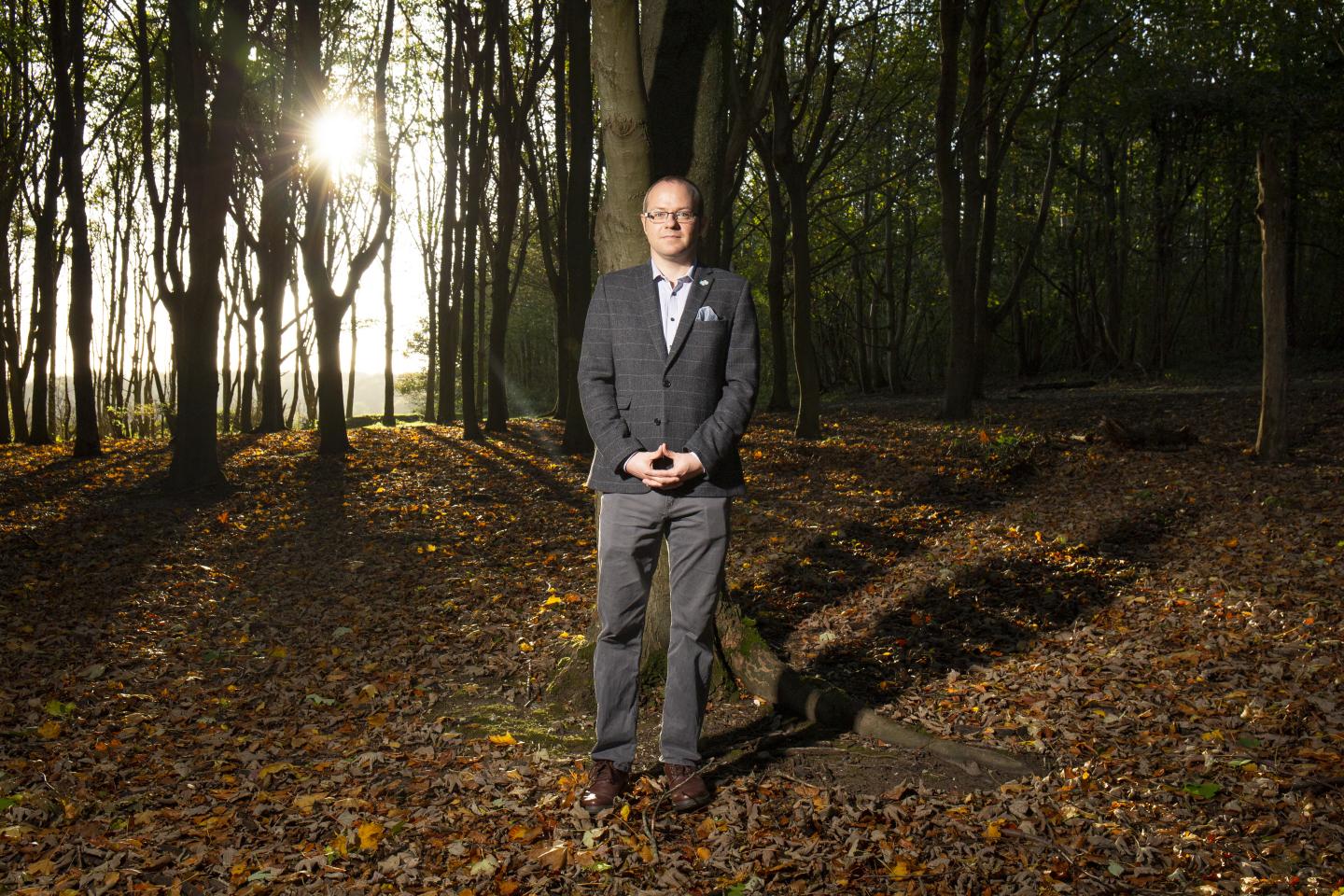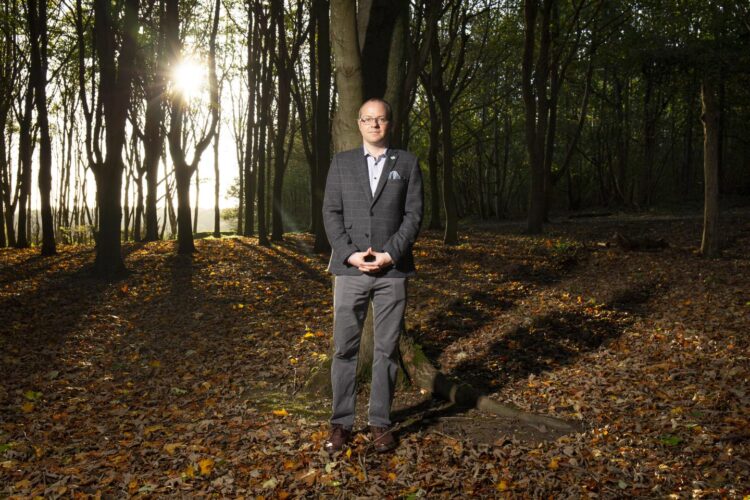The European Research Council has awarded the prestigious ERC Synergy grant of DKK 70 million to a research project headed by Professor Benjamin Sovacool from Aarhus University in Herning. The grant is to investigate alternative solutions to global warmin

Credit: Photo: Jonathan Browning
Alternative technologies to combat global warming will be studied in depth in a major research project at Aarhus University.
The project is headed by Benjamin Sovacool from the Department of Business Development and Technology in Herning, and it has just received the prestigious ERC Synergy Grant from the European Research Council (ERC) of almost DKK 70 million to shed light on new technologies for the climate battle.
The aim is to enable the world’s politicians and decision-makers to use fledgling alternative technologies effectively in attempts to stop global warming.
“It may be too late to legislate ourselves out of climate change, and we aren’t investing nearly fast enough in sustainable energy sources to make a real difference. Therefore, we need to look at more radical solutions,” says Benjamin Sovacool, who will be leading the comprehensive project over the next six years.
“This project could come to influence global climate policy over the next 50 years,” the researcher stresses.
Controversial technology under the microscope
The research project is being carried out in collaboration with two other top European researchers, and it will focus on two areas: negative emissions technologies (NETs) and controversial geoengineering technology.
The first is about extracting CO2 from the air, and the most well-known approach is something as basic
as replanting trees. The second focus, geoengineering, is a more extreme technology which aims to change or modify the Earth itself, or its atmosphere, to better withstand climate change.
The more bizarre side of geoengineering involves sending billions of mirrors 1.5 million kilometres out into space so that they can reflect the rays of the sun and prevent them from reaching the Earth. More down-to-earth versions of the technology include proposals to fertilise the world’s oceans with iron sulphate so that the sea can absorb more CO2 from the air, or to spread sulphur particles in the atmosphere to hold back sunlight.
“These are extreme solutions that can either save the planet or possibly completely destroy it,” says Benjamin Sovacool.
The goal of the project is therefore to make a scientific breakthrough in the area,” he explains.
“The technologies must be taken seriously, because they will develop hugely over the next five years. The more we know about them now, the better policy-makers can regulate them both nationally and globally,” says Benjamin Sovacool, who believes that the research project will deliver very specific data on the area.
According to the latest announcement from the UN climate panel (IPCC), there must also be comprehensive solutions if we are to prevent a global climate catastrophe. Solutions such as wind energy, solar cells or legislation on carbon emissions can no longer avert the temperature increase in time, and therefore more radical alternative technologies are needed, according to the IPCC.
Pioneering research to show the way
The research project will be the first to investigate negative emissions technologies in their entirety, while investigating geoengineering as part of a research project is actual pioneering work.
“We’re not just interested in the technologies themselves. We want to examine everything around them. From political attitudes, investment and innovation opportunities, to social aspects and how the technologies can influence the labour market, poverty and even legislation. None of these aspects have been examined in detail before,” says Benjamin Sovacool. Geoengineering in particular is an important technology, according to the researcher, because, in addition to having major consequences for the Earth, the technology can also be mobilised and actively used in warfare.
The implications were last seen when North Korea threatened to block all sunlight from South Korea with geoengineering technology.
A few years ago, when a self-proclaimed geoengineer dumped 100 tonnes of iron sulphate in the sea off the coast of Canada in an attempt to make the sea reflect the rays of the sun better, it also caused major negative consequences for the marine ecosystem.
The next major market
Even though it is clear that the current sustainable technologies are far from enough in the climate battle, we still have a lot to learn from wind and solar energy, for example, according to Benjamin Sovacool.
“In the project, we’ll be looking historically at the renewable energy industry to gain an understanding of the pace of innovation and the basis for it,” he says. At the same time, the researcher expects that the companies currently leading in wind energy will welcome the new technologies, as these companies already possess a great deal of the technological knowledge required for innovation in the field.
“These technologies will be the next big investment market. It would be logical for companies such as Vestas and Siemens Gamesa to generate a lot of innovation in this field,” says Benjamin Sovacool.
###
Media Contact
Professor Benjamin Sovacool
[email protected]
Original Source
https:/





